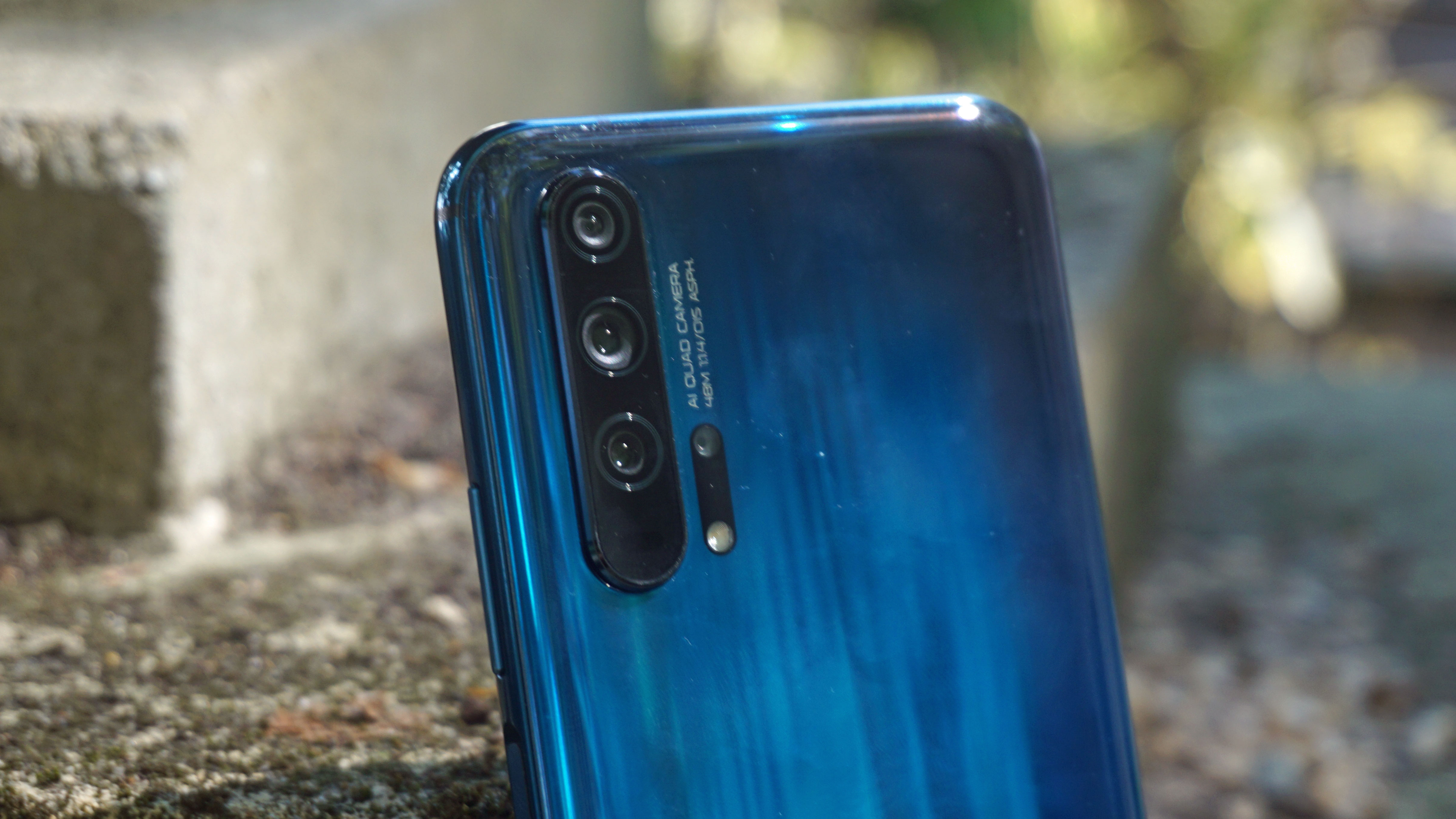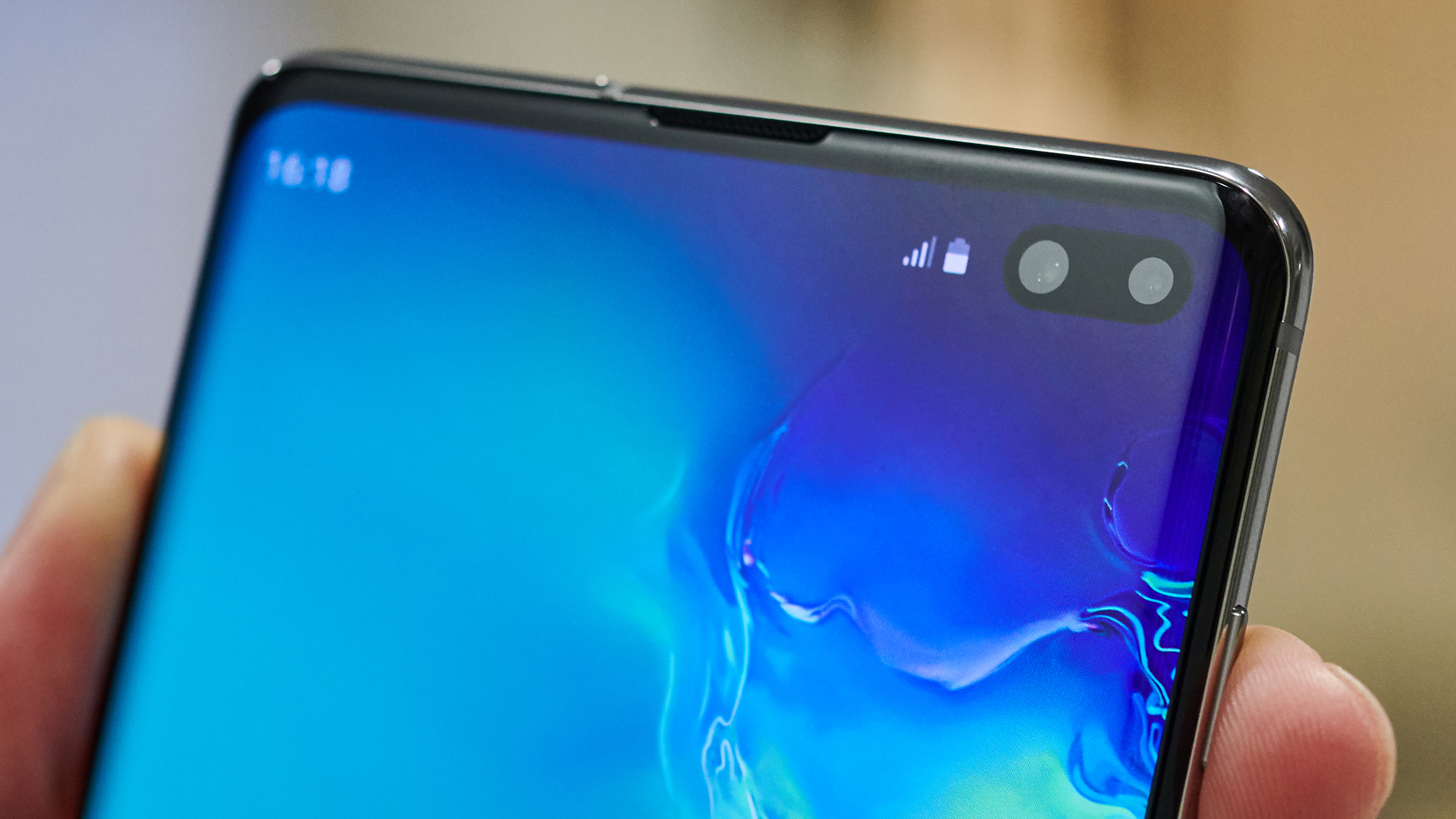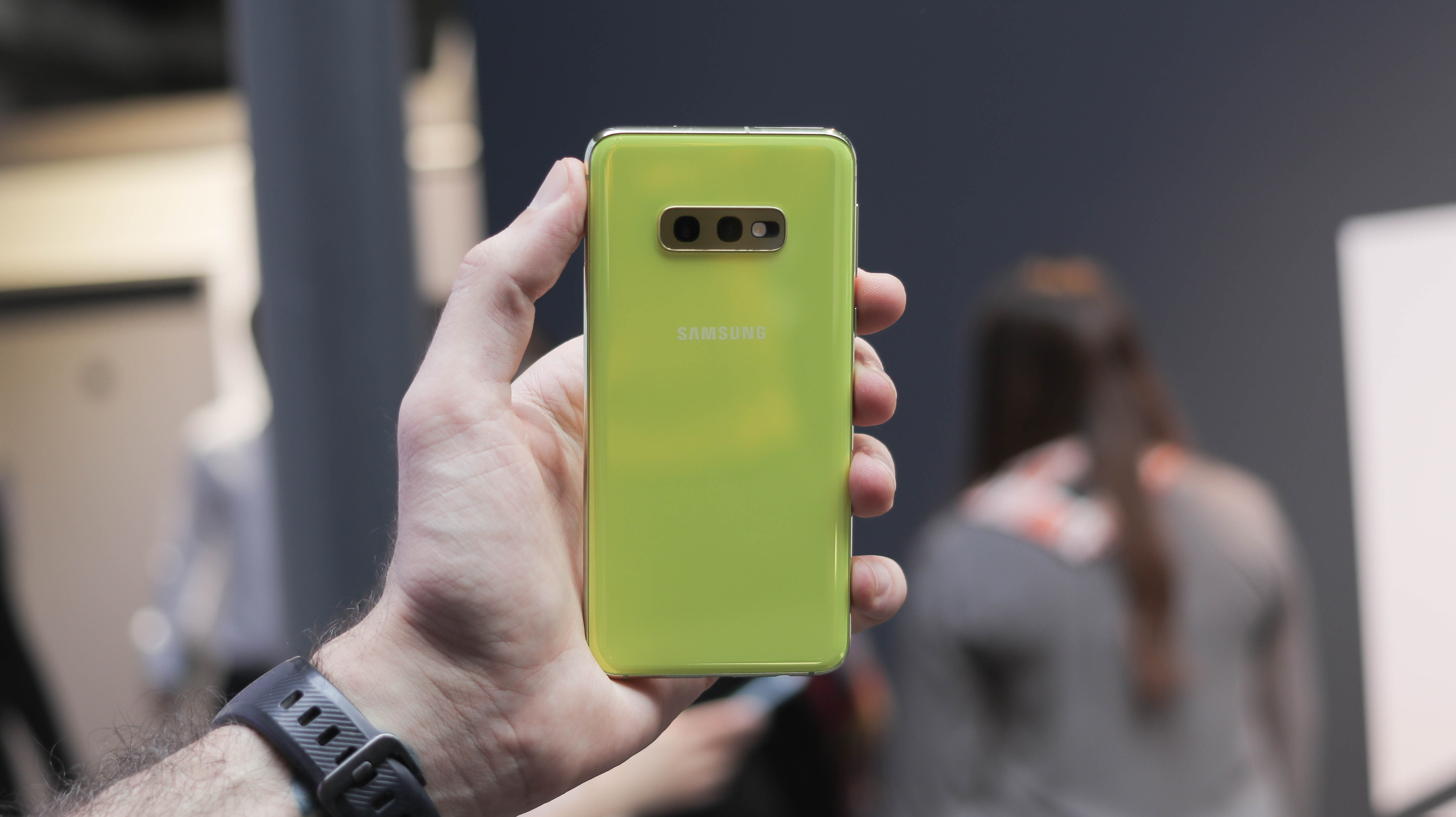Table of Contents
Update: The chipset likely to be used in the Samsung Galaxy S11 has been benchmarked with high scores. Plus, the launch of the Galaxy Note 10 gives us hints of what to expect from Samsung’s next flagship.
We’re not expecting to see the Samsung Galaxy S11 release for a while since, if Samsung continues its yearly cycles for phone releases, it will be out in or around February 2020 – but we’ve already been seeing some hints and clues as to what we can expect from it.
On top of that there are some features we didn’t see in the Samsung Galaxy S10 that we were expecting, and there were aspects of the Samsung Galaxy Note 10, Samsung Galaxy A80 and Galaxy Fold that would work well in a new Galaxy S flagship.
Inspired by all these phones, we’ve drawn up a list of the things we’d like to see in the Samsung Galaxy S11, or whatever the next Galaxy S phone ends up being (it could be the Galaxy S20, given that phone companies seem to jump straight from 10 to 20 when numbering phones).
You’ll find that below, but first, here’s everything that we’ve heard about the Samsung Galaxy S11 so far.
Cut to the chase
- What is it? The next Galaxy S smartphone from Samsung
- When is it out? Likely February / March 2020
- What will it cost? Likely more than $899 / £799 / AU$1,349
Samsung Galaxy S11 release date and price
We saw the Samsung Galaxy S10 release alongside the Samsung Galaxy S10e and Galaxy S10 Plus, in late February 2019. Since Samsung tends to release its phones in yearly cycles, we expect to see the Samsung Galaxy S11 release in February or March 2020.
The Galaxy S10 cost $899 / £799 / AU$1,349 for its cheapest storage size, and went all the way up to $1,149 / £999 / AU$1,699, when it released.
We would expect the Samsung Galaxy S11 price to be a small increase on this, as the Galaxy S10 was pricier than the Galaxy S9.
Taking into consideration the usual price increases on Galaxy S handsets between generations, we’d expect to see it cost around $1,000 / £900 / AU$1,500 for the cheapest version, and even more for more memory.
Samsung Galaxy S11 news and leaks
The Samsung Galaxy S11 launch may be way off in 2020, but that doesn’t mean there aren’t rumors, leaks and speculation about the phone already on the web.
A Samsung announcement made on May 9, 2019 on the launch of new 48MP and 64MP camera sensors could be a hint of what we can expect to see on the rear of the Galaxy S11 as the firm looks to up its smartphone photography prowess.
A later leak confirmed that the main camera sensor on the Galaxy S11 will be different to all previous Galaxy phones from the S7 to the S10. That doesn’t necessarily mean it will be this 64MP sensor, but it seems likely.
On the topic of ‘tech Samsung has announced’: we know the company has created a 12GB Mobile DRAM, which lets the phone read memory at a quicker rate, so that’s another obvious candidate for the Galaxy S11.
The Galaxy S11 might also be the first phone to have a tiny 5nm chipset, according to Sina, which could see it outperform other handsets.
Speaking of the chipset, one believed to be the Snapdragon 865 has been benchmarked with scores that beat any other phone. It’s likely that US versions of the Galaxy S11 will use this chip, so that’s promising.
One thing we might not get though is an in-display camera, as while the likes of Oppo and Xiaomi are already teasing the technology, a source suggests Samsung will wait for the tech to “mature” first, and in the meantime will stick with punch-hole cameras – albeit ones of ever smaller sizes.
In other news, it may be worth keeping an eye out for rumors and leaks regarding the ‘Picasso’ as that, according to leaker Ice Universe, is the code-name Samsung is currently using internally for the Galaxy S11.
We can also look to the Samsung Galaxy Note 10 for some possible specs and features. The Galaxy S10 for example probably won’t have a headphone port, since Samsung has ditched it for the latest Note. Similarly, it likely won’t have a Bixby button.
However, by freeing up space that would have been used for a headphone port, Samsung could potentially make the battery bigger and/or the body thinner.
Samsung Galaxy 11: what we want to see
While early rumors have started to swirl, in reality there’s still a long way to go before we see the Samsung Galaxy S11, which is good news as it gives Samsung plenty of time to take our suggestions on board.
So, listen up Samsung, here’s what we want to see from the Galaxy S11. Please don’t let us down.
1. Better camera specs
The Samsung Galaxy S10 has three rear cameras: the 12MP main sensor with a regular lens, the 12MP second sensor with a telephoto lens for distance shots, and the 16MP third sensor with an ultra-wide lens.
The three lenses are generally what we’d expect in a smartphone camera, but the resolution of each is a lot lower than in many other phones.
Handsets like the Honor 20 Pro have a 48MP main snapper, which is a big step up from 12MP, and even affordable handsets sometimes now come with four lenses (the extra is usually a time-of-flight or macro sensor for close-up shots), so to stay competitive in the smartphone camera game Samsung needs to up its game with the Galaxy S11.

We’ve heard that Samsung is working on a 64MP smartphone camera that could be put in the Samsung Galaxy S11 – if this is true, the new phone would blow its competitors out of the water.
2. A 3.5mm headphone jack
If you’re scratching your head thinking “the Samsung Galaxy S10 does have a 3.5mm headphone jack”, then you’re right – but it may be the last of its kind.
Newer Galaxy smartphones like the Samsung Galaxy Note 10 and Galaxy A80 have ditched the headphone jack, so it seems Samsung is following suit behind many other smartphone companies in getting rid of the physical headphone port.
But since many, many people still use non-Bluetooth earphones, it’s a feature that we’d love to see return in future Samsung smartphones, especially given it’s one of the only high-end smartphone manufacturers to still be using them.
3. Different front-facing camera arrangement
The Galaxy S10 was one of the first phones to have a ‘punch-hole’ front-facing camera, which means the front snapper was in a cut-out section inside the screen, in the corner.

In theory this is a useful feature that replaces the top notch, so you get more screen real estate – but in practice the punch-hole takes just as much space, as there’s a sliver of screen between the camera and the edge that just isn’t used.
Going forward, we’d like to see the Samsung Galaxy S11 take a different tack – Samsung itself has said it’s planning to drop the punch-hole in favor of a camera under the screen, but that could still be a few Galaxy S phones down the line.
4. Greater battery capacity
The Galaxy S10 had a 3,400mAh battery – that’s fine, but you’ve got no hope of that lasting more than a second day of use, especially if you use your phone a lot.
We’d hope the Samsung Galaxy S11 battery life would surpass that – it will definitely have to have a bigger capacity to cater for all the new tech the phone uses, but we’d like to see a serious improvement on the capacity, perhaps 4,000mAh or above.
5. More launch colors
The Galaxy S10 comes in a few colors, most commonly prism white and black – but we always love a vibrant design in a phone, and so far Samsung handsets have often seemed a little dull.

We’re not asking for the crazy back patterns of a Huawei or Honor phone, but it would be nice for the Samsung Galaxy S11 to launch in a few different colors.
The Galaxy S10 has a few colors that are only available in certain regions, like yellow, green or red, but if Samsung made these designs available from the get-go in all regions, we’d appreciate the design a lot more.
6. Affordable 5G
We’re expecting there to be a Samsung Galaxy S11 5G – there was a Samsung Galaxy S10 5G, after all, and by the time the S11 launches 5G will be available in many countries.
However, the Galaxy S10 5G is even bigger than the Galaxy S10 Plus, and so is massive and expensive. Currently there are no affordable 5G smartphones on the horizon, but Samsung could really get ahead of the curve if the Galaxy S11, or Galaxy S11e, had a low price and ran on 5G networks.



